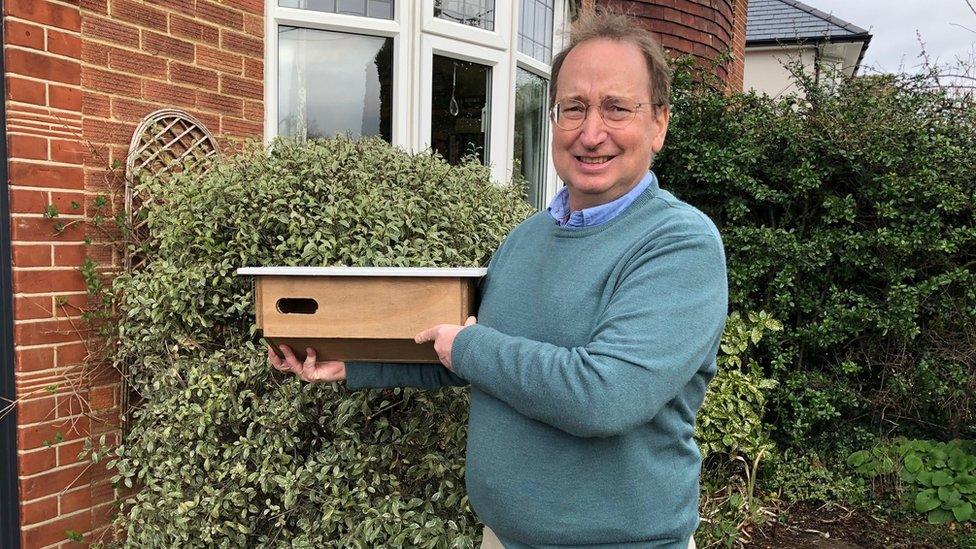Durham Cathedral transmits swift calls to encourage nesting
- Published
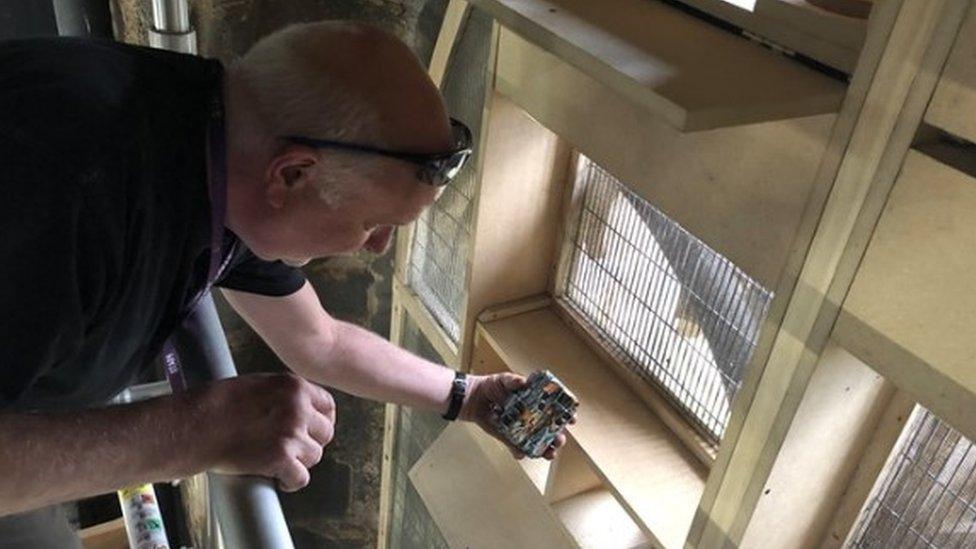
It is hoped the Durham Cathedral nesting boxes will offer respite to swifts, who rarely touch the ground
Speakers will broadcast the sound of swift calls from Durham Cathedral to try to encourage the birds to breed.
Last August nest boxes were fitted 60ft (18m) above the ground in the cathedral's Belfry Tower.
The bird species was once common in the city but conservationists say their numbers have declined by 60% between 1995 and 2020.
Cathedral officials hope the added technology will speed up a swift colony which can take years to establish.
Speakers and motion-triggered cameras have been fitted to the nest boxes, which were specially designed by the cathedral's joiners - small enough to keep birds of prey at bay and also fitting the architecture of the World Heritage Site.
It is hoped the sounds will attract young birds looking for their first nest site to breed in the tower.
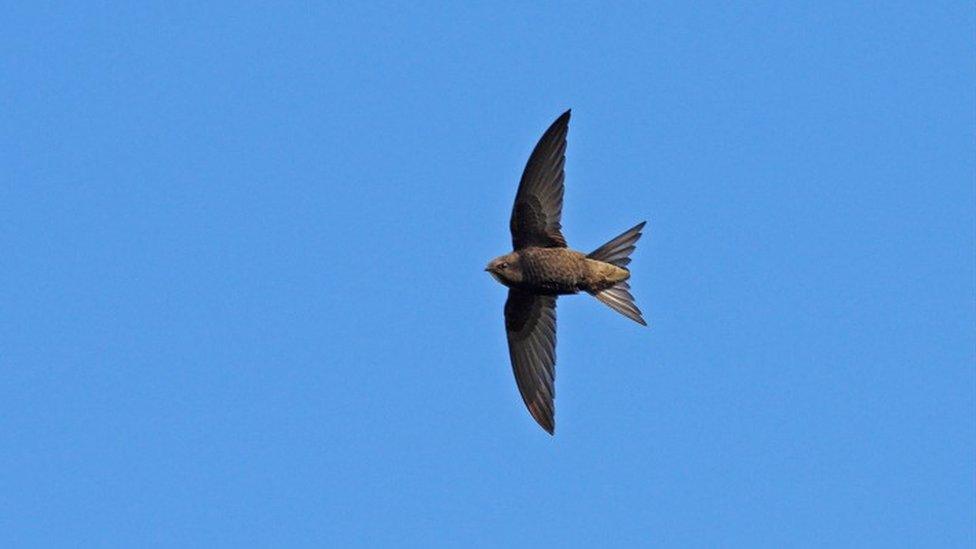
Swifts can fly up to 500 miles (800km) a day when they migrate
The birds sleep, eat and mate on the wing, only ever landing to nest in the UK, following their return from Africa in early May.
Michael Corkhill, from Durham Cathedral, said: "With the addition of the sound system to attract the birds, we are hoping to encourage the colonisation of our nest boxes for the first time, and with the new monitoring devices we will also be able to track their progress."
The nesting boxes were paid for by local businessman Edward Twiddy who said helping the swifts to return to the city "felt like a small but right thing to do".

The motion-triggered cameras will be used to monitor nest boxes
With the species on the conservation red list and needing urgent action, academics at Durham University said the project would help people's understandings of the birds' movements.
Professor Stephen Willis said the swift project complemented other work on migratory birds going on at the university.

Follow BBC North East & Cumbria on Twitter, external, Facebook, external and Instagram, external. Send your story ideas to northeastandcumbria@bbc.co.uk, external.
Related topics
- Published12 April 2023
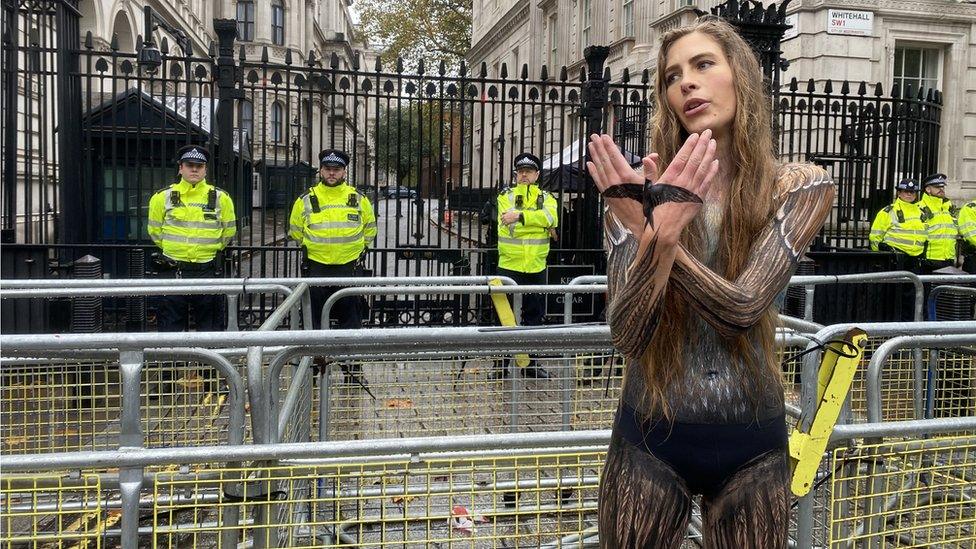
- Published25 August 2022
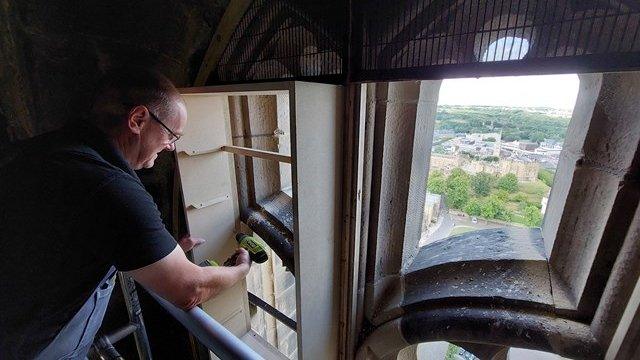
- Published4 February 2022
